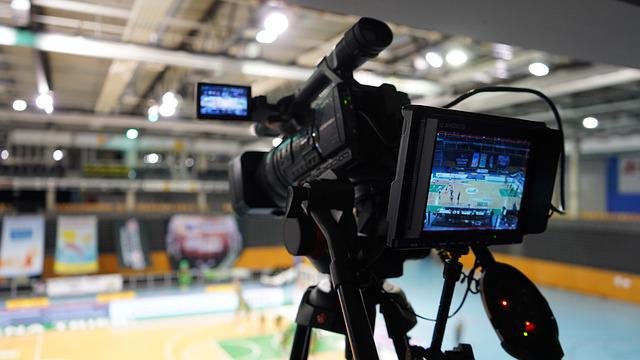Everyone's an Analyst

source
Watching the legend Michael Johnson (former World record holder in the 200m and 400m) cast doubts over the legitimacy of sprint times clocked during the Women's 100m Hurdles semi-final which a World record was set by Nigeria's Amusan Tobi raised a few eyebrows in the athletics World. Some called it subtle racism (Tobi being an African, despite Johnson being a black man himself), while other adjudged it jealousy.
Johnson did respond to the obvious blowback from his comments with some strong repudiations of any ill intent in his criticism. Many though felt that being a former World record holder himself with times that felt untouchable for quite some time, he should have been a lot more understanding.
Criticisms from Athletes -whether retired or active isn't new in the sporting World though. Some of the fiercest critics an athlete may face isn't from fans or the media, but from those with actual experience in the game. What's more, there is always the need to give them a bit more of a listening ear because of their assumed fundamental knowledge of the sport.
Good Athlete, Bad Analyst
I beg to differ though that former athletes give the best insights when it comes to another athletes performance all the time. Some might be spot on but many of them are so often subjective from the critics standpoint, missing out on key data that might lead to more accurate analysis. Some subjectivity is good in most cases, but some athletes tend to take it too far.
Manchester United ex footballers are often so vocal in their criticisms of the management of the club and the downturn in fortunes since Alex Ferguson resigned as Coach. Their criticism is often understandable and a reflection of their passion, but sometimes they tend to take it too far. The likes of Gary Neville and Paul Scholes - some of the most vocal critics have been given turns to try their hands on various managerial positions only to achieve abysmal results.
In combat sports you see fighters or ex fighters give their opinions on how a fight should go, and things a losing athlete should have done differently for the win. Many of them would readily admit that being in the ring is a different ball game though, and sometimes no amount of strategy switching prepares you for what's coming.
Letting Senitments Get in the Way
Many of the analysts who criticized and doubted the legitimacy of Dallas Maverick star Luka Doncic did so in spite of his strong showings at the European basketball league. To me, this came from an NBA superiority complex that thankfully was shattered by Doncic's incredible performances since being drafted.
Conclusion
Of course criticism will always be a part of any sport and should even be encouraged. That said, commentators and critics alike have an unwritten obligation to be as objective as possible and consider all the facts before casting doubts over the performance of an athlete.
In many ways you are correct in what you are saying as being objective and fair is what should happen. I am all for constructive criticism and making sure things are done correctly. The problem with athletes is this is not a level playing field as there is so much underhanded stuff going on that we have no clue about. Innocent until proven guilty should always be the case and keeping quiet until facts are proven is along similar lines.